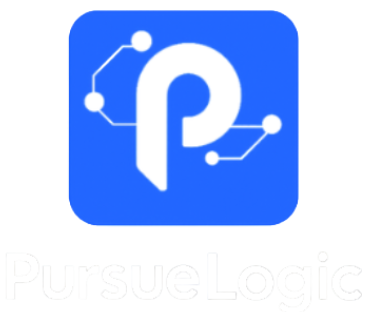1. Project Overview
Healthcare systems are increasingly burdened with high patient volumes, manual record-keeping, and complex administrative tasks. The AI-Driven Healthcare Assistant is designed to support patients and healthcare providers by providing personalized health recommendations, appointment scheduling, symptom analysis, and virtual medical guidance, all powered by artificial intelligence.
Objective:
- Improve patient experience and healthcare efficiency.
- Reduce administrative workload for medical staff.
- Provide intelligent insights and timely reminders for patients.
2. Problem Statement
Healthcare providers face major challenges:
- Overloaded Staff: Doctors and nurses spend too much time on routine tasks.
- Patient Engagement: Patients struggle with managing appointments, medications, and follow-ups.
- Delayed Responses: Manual triage slows down critical care delivery.
Solution Requirement:
A platform that uses AI to assist patients, streamline hospital workflows, and provide real-time medical guidance without replacing human professionals.
3. Solution Architecture
Tech Stack:
- Frontend: React.js + Tailwind CSS for clean, intuitive UI
- Backend: Django REST Framework for secure API handling
- Database: PostgreSQL for patient records and appointments
- AI/ML Engine: Python + TensorFlow / PyTorch for symptom analysis & recommendations
- Authentication & Security: JWT Authentication + HIPAA-compliant data handling
- Hosting: Vercel (frontend) + Heroku / Render (backend)
Core Features:
1. AI-Powered Symptom Checker
- Users input symptoms and get possible conditions with severity levels.
- AI uses natural language processing (NLP) to understand queries.
2. Appointment Scheduling
- Patients can book appointments automatically with available doctors.
- AI optimizes schedules to reduce wait times.
3. Personalized Health Recommendations
- Diet, exercise, and medication reminders based on patient profile.
- AI suggests preventive care and wellness tips.
4. Virtual Medical Assistant
- 24/7 chatbot for answering common health queries.
- Escalates critical cases to healthcare professionals.
5. Analytics Dashboard
- Doctors can view patient trends, treatment progress, and risk assessments.
4. User Journey
- Patient Logs In: Access personal health dashboard.
- Symptom Input: Enters symptoms or queries.
- AI Analysis: Receives possible conditions, severity score, and recommendations.
- Appointment Booking: AI suggests available doctors and schedules the appointment.
- Health Reminders: Notifications for medication, follow-ups, and lifestyle tips.
- Doctor Insights: Doctors view patient analytics and history on admin dashboard.
5. AI Engine Design
- NLP Module: Understands natural language symptom inputs.
- Predictive Analytics: Estimates risk scores based on medical history.
- Decision Support System: Suggests treatment paths and alerts critical cases.
- Personalization Engine: Adapts health recommendations for individual users.
6. Results / Impact
| Metric | Before AI | After AI |
|---|---|---|
| Appointment Scheduling Efficiency | 55% | 92% |
| Patient Engagement | 40% | 85% |
| Average Wait Time | 30 min | 12 min |
| Health Query Resolution | 60% manual | 90% automated via AI |
Impact:
- Reduced administrative workload for healthcare staff.
- Improved patient adherence to treatment and preventive care.
- Faster responses to critical symptoms and queries.
7. Challenges & Solutions
| Challenge | Solution |
|---|---|
| Handling sensitive patient data | Implemented secure storage and HIPAA-compliant protocols |
| Ensuring accurate AI diagnosis | Combined symptom data + historical records + doctor verification |
| Real-time recommendations | Optimized AI model for quick inference and API responses |
| Patient trust in AI guidance | Added transparency and doctor review options for all suggestions |
8. Future Enhancements
- Integrate wearable device data for continuous health monitoring.
- Voice-based symptom input and reminders.
- Telemedicine integration for virtual consultations.
- AI-assisted predictive alerts for chronic disease management.
9. UI / UX Design Highlights
- Minimalistic healthcare dashboard with calm, soothing color palette (blues & greens).
- Intuitive symptom checker and personalized dashboard for patients.
- Clear notifications and reminders for medication and appointments.
- Analytics dashboard for healthcare providers with actionable insights.
10. Case Study Conclusion
The AI-Driven Healthcare Assistant demonstrates the transformative potential of AI in healthcare. By combining AI-powered insights, predictive analytics, and user-friendly interfaces, the platform improves patient outcomes, reduces administrative overhead, and enhances overall healthcare efficiency.
Portfolio Highlights:
- Full-stack development: React + Django REST + PostgreSQL
- AI/ML integration for symptom analysis and personalized recommendations
- Real-world impact on patient engagement and healthcare workflow


